Every year, curating an expert line-up of reads that perfectly pair with the destinations on your vacation schedule is one of the most fun, nay important tasks of the summer.
But this Our Summer of Corona, when travel plans are few and far between and planes are but distant memories, the power of books to transport us away from our lives at home and into new worlds and cultures is more vital than ever.
To that end, we’ve compiled an extra long list of the best books to add to your reading line-up during this year’s hottest months. You’ll laugh, you’ll cry, you’ll dream, and only one of them (a stand-out, we promise!) will remind you of the harrowing times in which we currently find ourselves.
How Much of These Hills Is Gold by C Pam Zhang
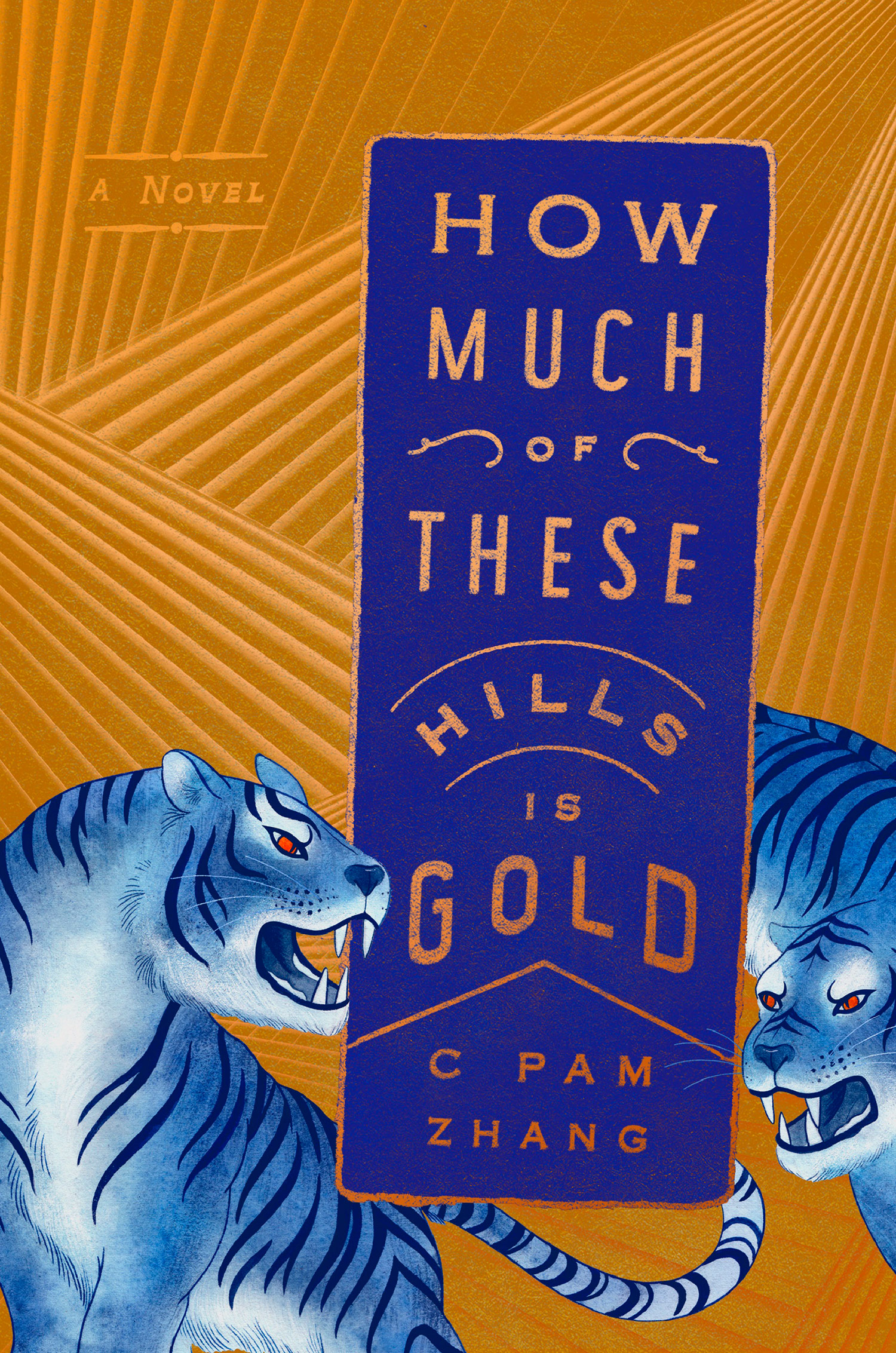
As the Gold Rush comes to a close, two orphaned siblings set out on an adventure through the harsh landscape of the Wild West to properly bury their father. This vibrant, lyrical, and wholly original debut recasts the story of this period in California history from the vantage point of a family of Chinese immigrants searching for belonging, home, and that elusive dream of gold in a land filled as much with despair as promise. Like the story of America, How Much of These Hills Is Gold will break your heart and then put it back together again.
The Vanishing Half by Brit Bennett
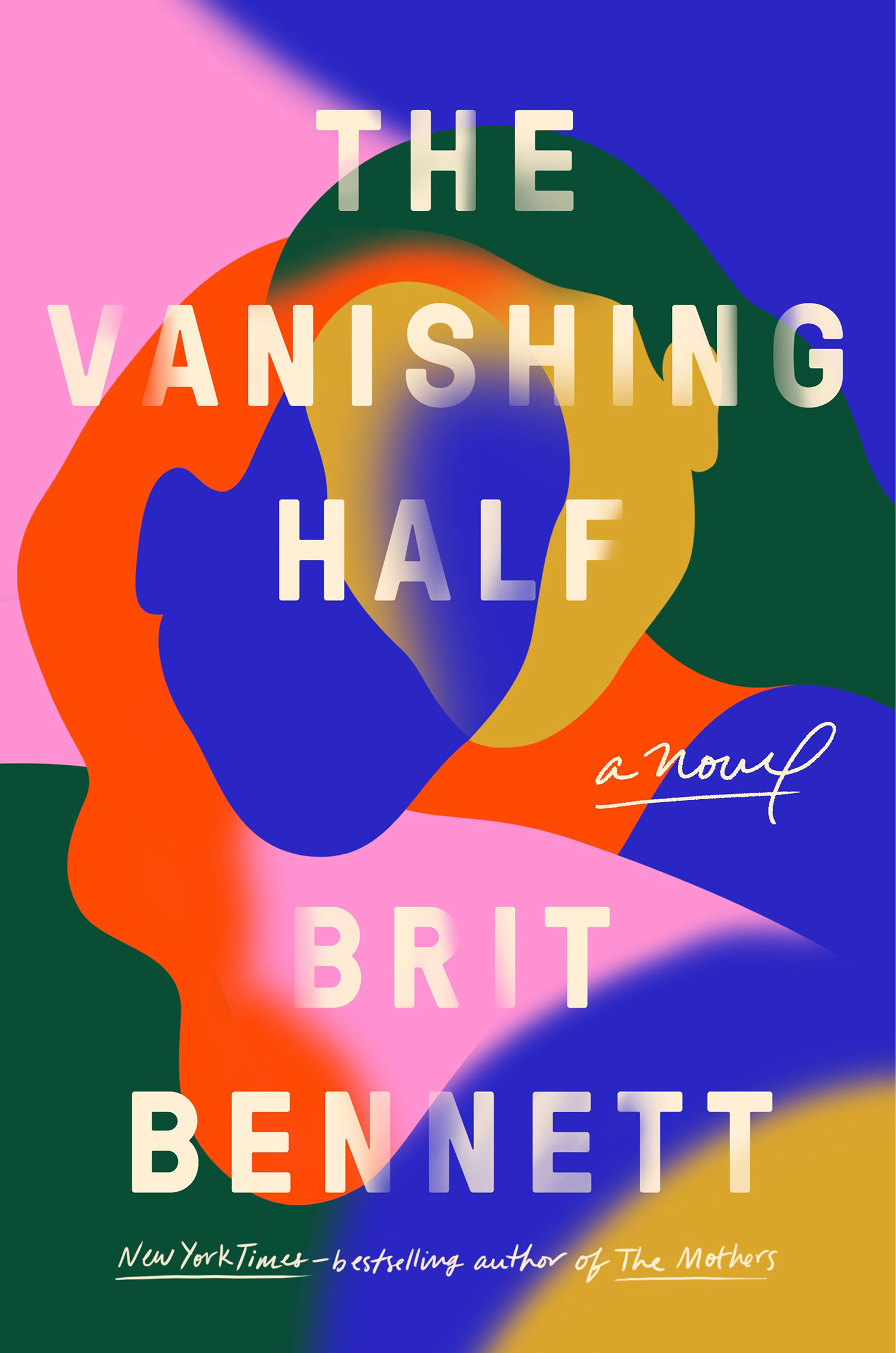
One night in 1954, the 16-year-old Vignes twins disappear from Mallard, a Louisiana town founded by a former slave fathered by the man who owned him whose residents, over generations, have developed an “obsession with whiteness.” In 1968, one of the twins returns, bringing her young daughter who is “black as tar;” years later, the other twin is discovered living in L.A. passing as white. What unfolds is a powerful and thought-provoking family saga told over four decades that examines the legacy of racism in the Jim Crow South and the reverberations of the choices each of the Vignes women makes to survive.
The End of October by Lawrence Wright
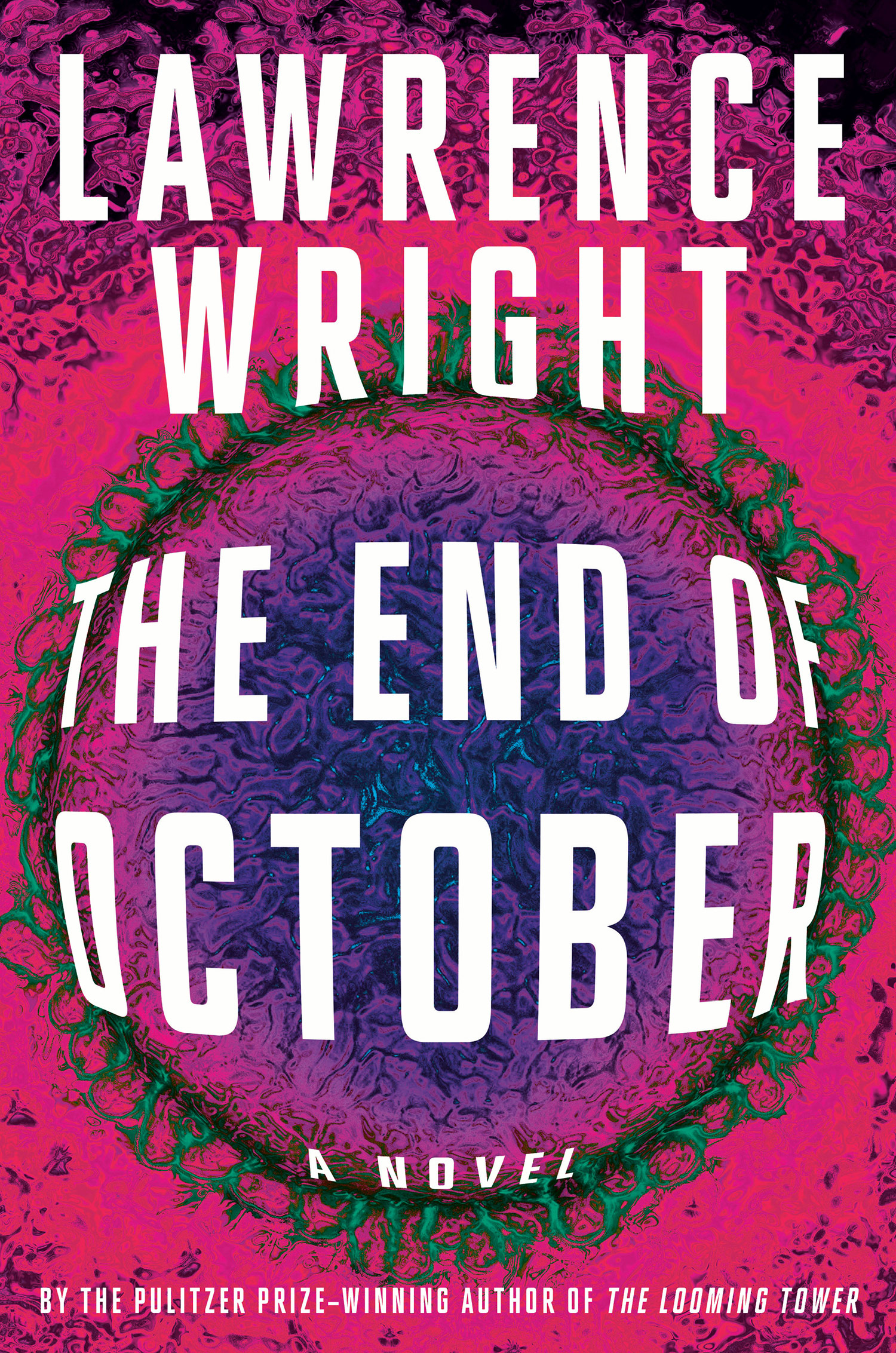
Just a few chapters into The End of October, you may find yourself asking, “What magical, prescient powers does Lawrence Wright have?” “Timely” doesn’t adequately describe this page-turning thriller about a pandemic that begins to ravage the globe and the cast of characters attempting to stop its devastation. Set against the backdrop of increasing hostilities in the Middle East and a Russia suspected of having plans to launch a crippling cyberattack, this gripping novel is alternately a guide to our current situation by way of Wright’s meticulous research into the history and science of past outbreaks and a dramatic, riveting escape from it.
All Adults Here Emma Straub
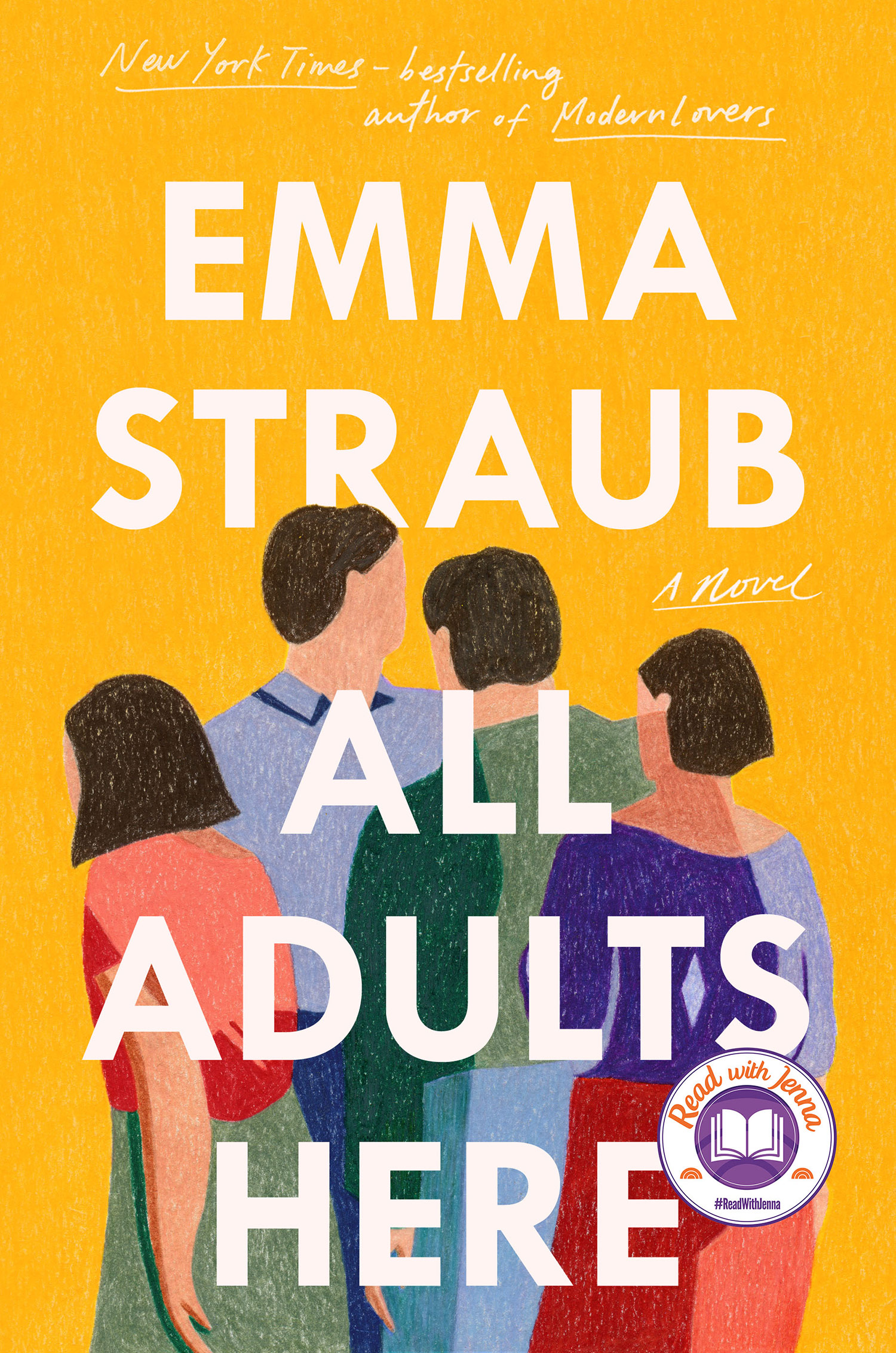
Families are complicated, something the Stricks know all too well, not that they’re sharing their individual issues or concerns with each other. Set in a small Hudson Valley town where the family grew up, Straub’s latest is a triumphant and charming book in which she deftly juggles the secrets, struggles, and successes of three Strick generations who, no matter the year of their birth, are each coming of age in their own way.
Utopia Avenue by David Mitchell
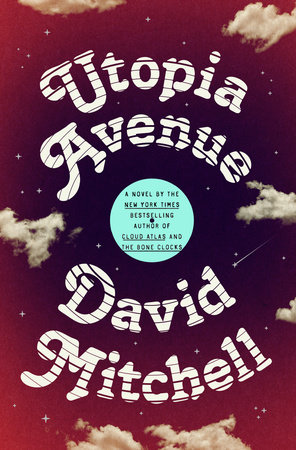
In the gritty, neon glow of the 1960s London rock scene, there is one psychedelic band who enjoyed a meteoric rise to fame before disappearing from view and the history books: Utopia Avenue. Mitchell spins the enchanting, boisterous, and thoroughly enjoyable tale of four musicians who come together in an effort to achieve creative nirvana, but who each deal with their own struggles along the way. From the clubs of London to the Chelsea Hotel, a Roman prison to 1968 San Francisco, Utopia Avenue is the magical, musical escape we desperately need.
The Lightness by Emily Temple
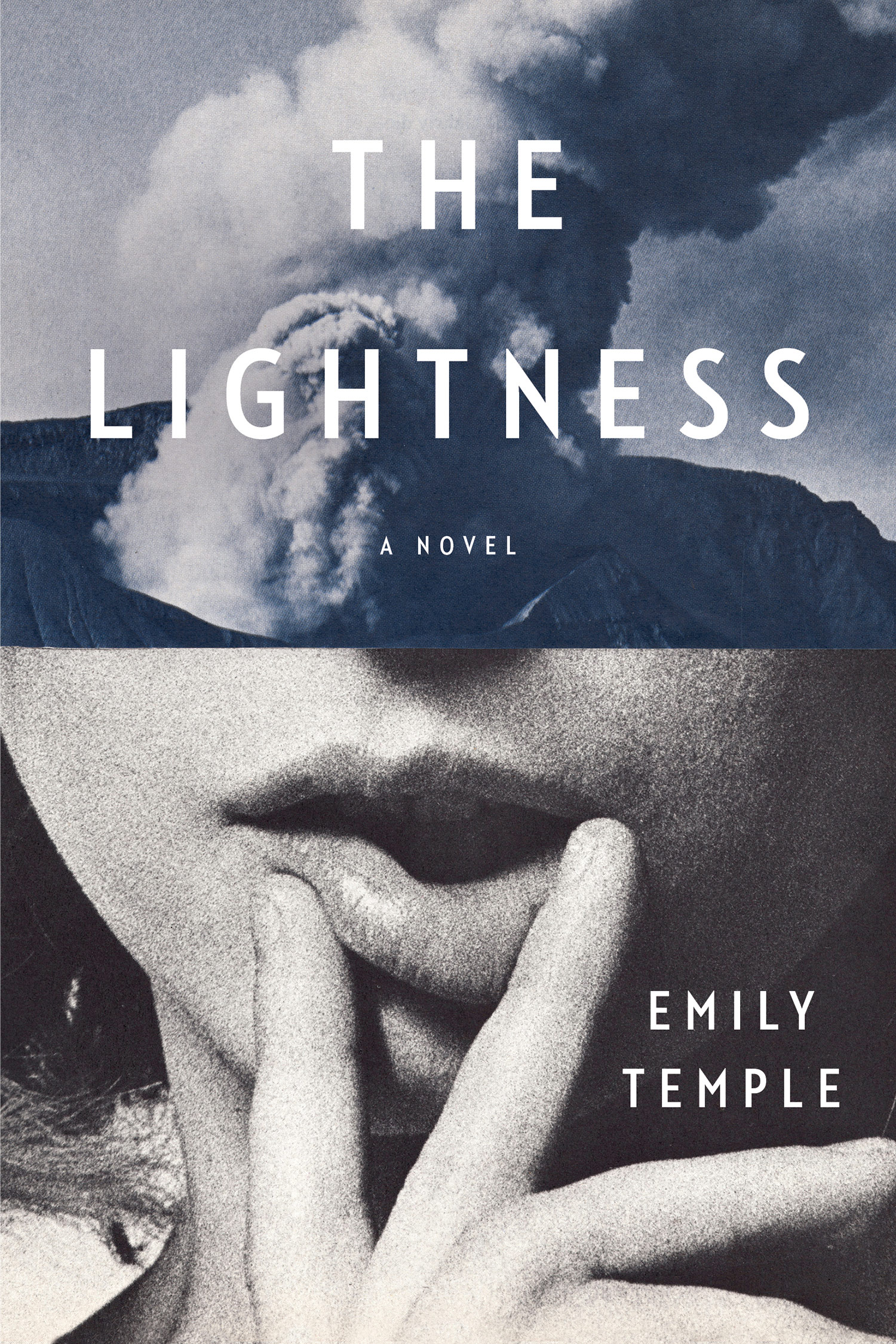
Temple’s sharp, poetic prose is as enthralling as this story of a group of troubled young girls at a Buddhist summer camp in the mountains whose search for transcendence steers precariously close to annihilation. An eerie air pervades the book as it races towards a hinted-at cataclysm as the girls struggle to come to terms with their new desires, voracious appetites for knowledge, and the dangers and disappointments posed by the adults in their lives. With meandering detours through fairy-tail and mythology, spiritual and scientific history, Temple’s smoldering coming of age novel asks “How much is enough?”
Little Eyes by Samanta Schweblin
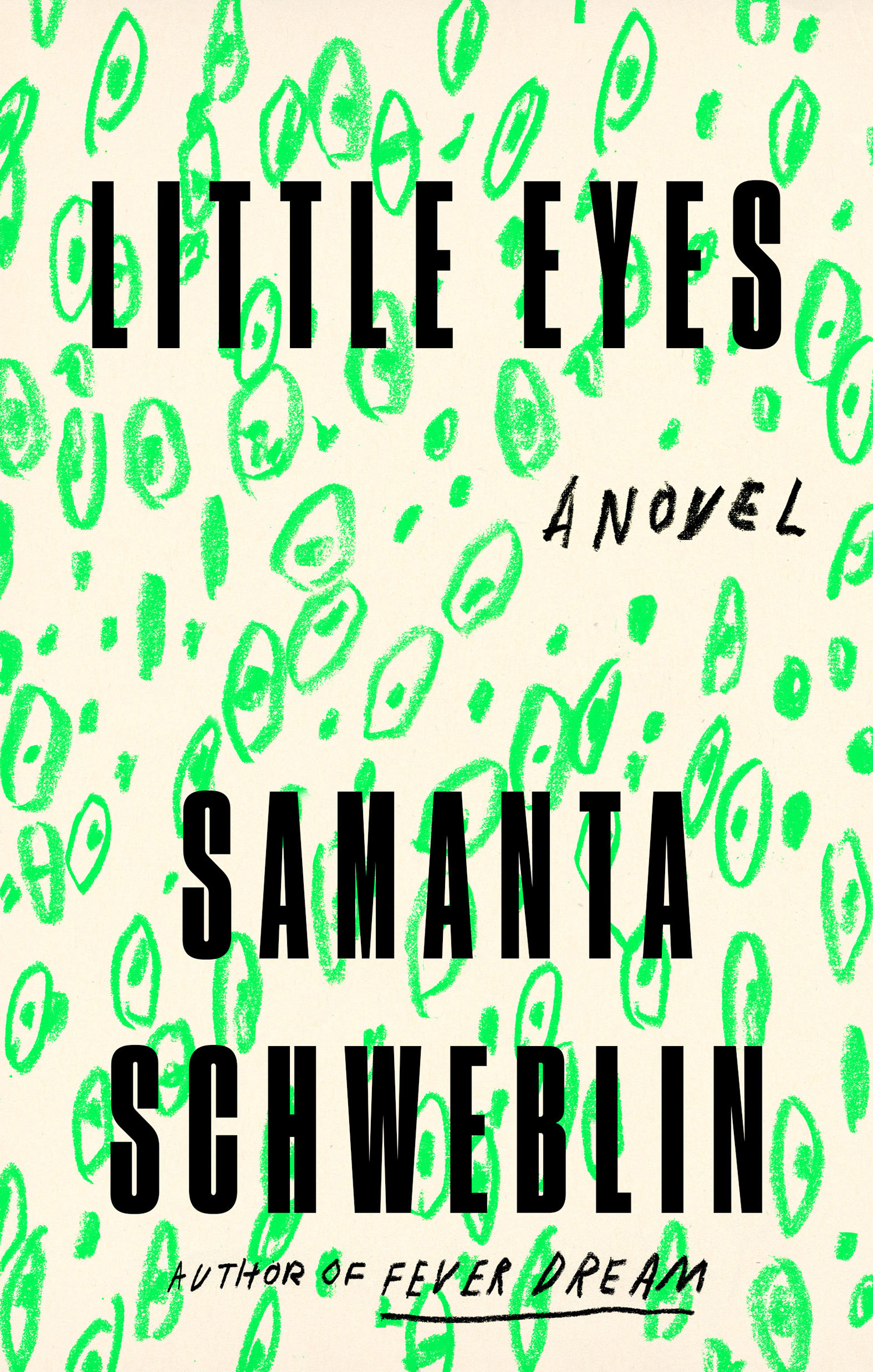
Ever-present cellphones, a home invasion of smart tech, social media companies that hoover up our personal data—in ways big and small we have rapidly frittered away our privacy. In Little Eyes, Schweblin takes this modern inclination one step further by imagining a world consumed by a new cultural craze: a smart-toy pet akin to a futuristic Furbi that allows some to become the watched and others the watchers. In stories both heartwarming and terrifying, exploring the mundane and the extreme, Schweblin weaves a delightfully strange and prescient cautionary tale that takes readers around the world to show the ways in which technology can both foster connection and exploit our basest human natures.
The Siren of Mars: Searching for Life on Another World by Sarah Stewart Johnson
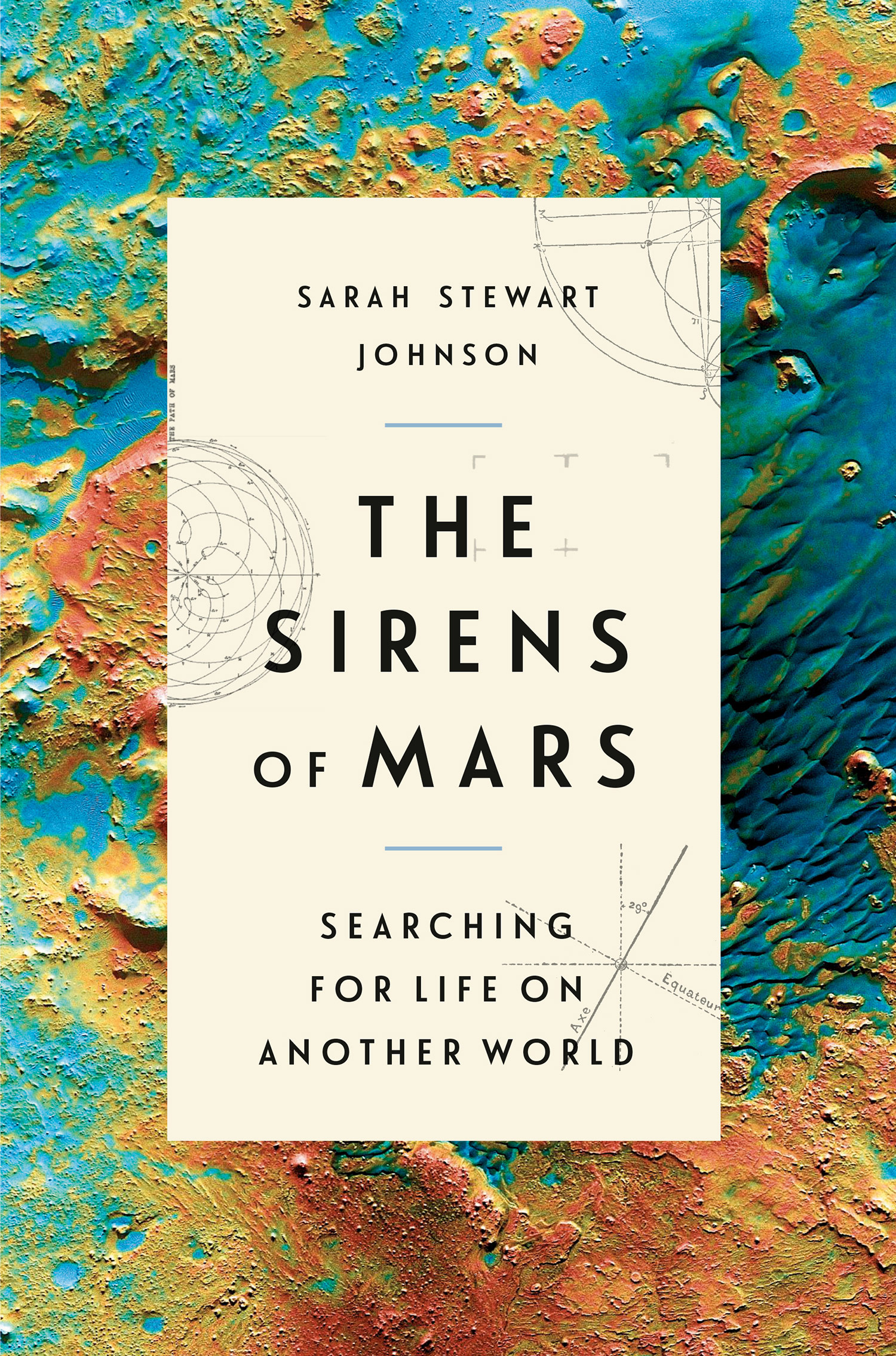
One of the true delights of armchair traveling, which is more important than ever right now, is that there are no restrictions. In The Siren of Mars, Johnson spirits readers off of our plagued planet and into the centuries-long quest to understand the red planet that has captivated dreamers and scientists alike. From the wrong turns and inspired breakthroughs of scientific discovery to Johnson’s own lifelong fascination with Mars, this is a book that will have even the staunchest earthlings looking in wonder towards the red glow above.
A Star Is Bored: A Novel by Byron Lane
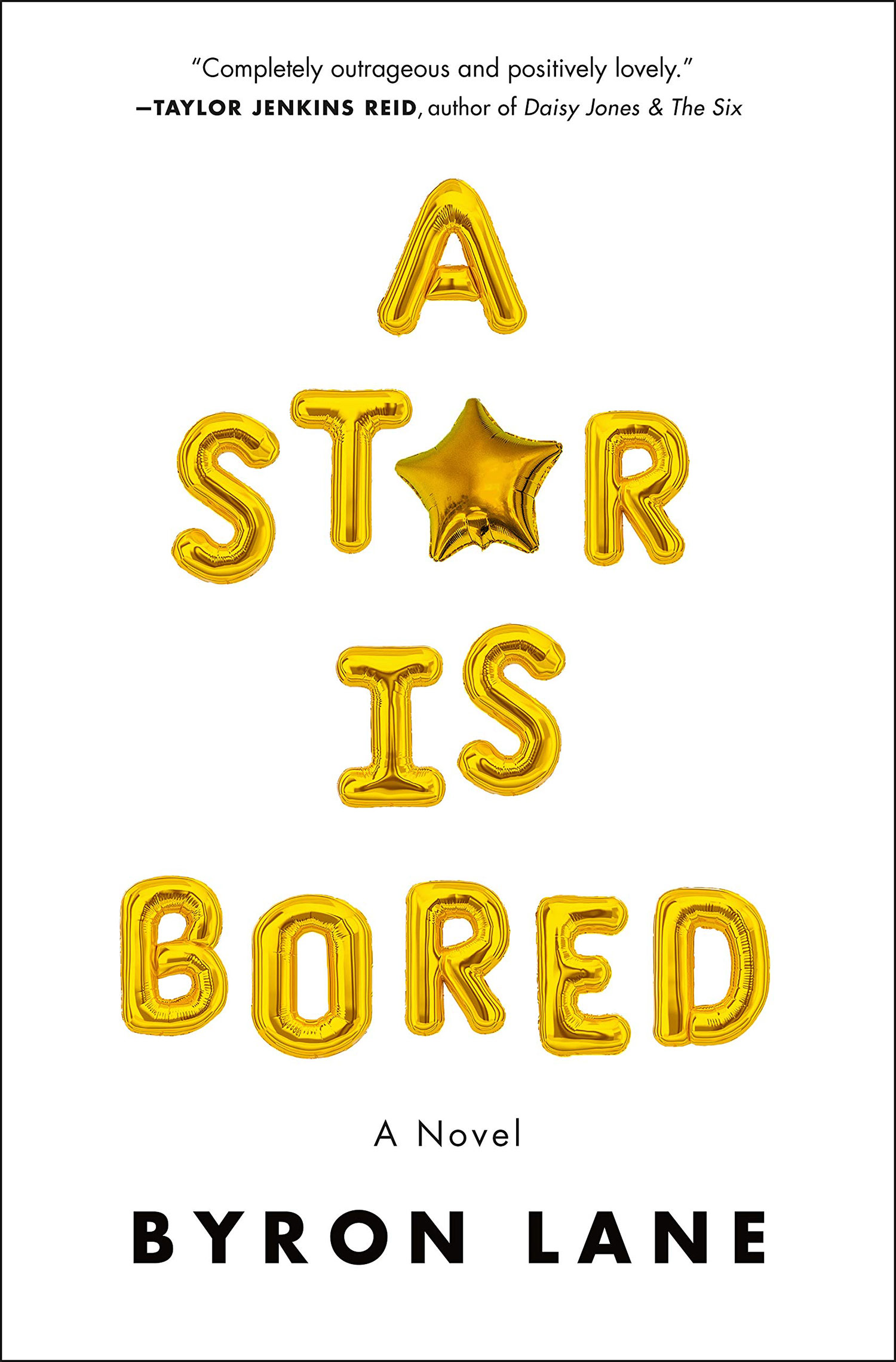
“This is a work of fiction,” an epigraph quoting Lane’s attorney implores readers. The point is underscored by a footnote to the epigraph from the publisher’s attorney, not to mention the book’s subheading, “A Novel.” But but but! The juicy tale that ensues about a struggling journalist who becomes the assistant to a (possibly) washed-up actress with a dubiously managed drug problem famous for her early role as a priestess in a blockbuster sci-fi film is alternately hilarious and heartwarming… and will leave you wondering just how many of these (fictional!) stories of riotous celebrity antics from an author formerly known as Carrie Fisher’s assistant may be, as the movies say, “based on a true story.”
Postcolonial Love Poem by Natalie Diaz

In her second collection of poetry, Diaz asks “How can a century or a heart turn / if nobody asks, Where have all / the Natives gone?” From ruminations on historical and institutional violence against Native Americans to portraits of modern life on the reservation and celebrations of queer love and the natural world, this expansive volume is a powerful work of reclamation and desire. As Diaz, who is Mojave and a member of the Gila River Indian Tribe, writes, “What threatens white people is often dismissed as myth. I have never been true in America. America is my myth.”
Take Me Apart by Sara Sliger
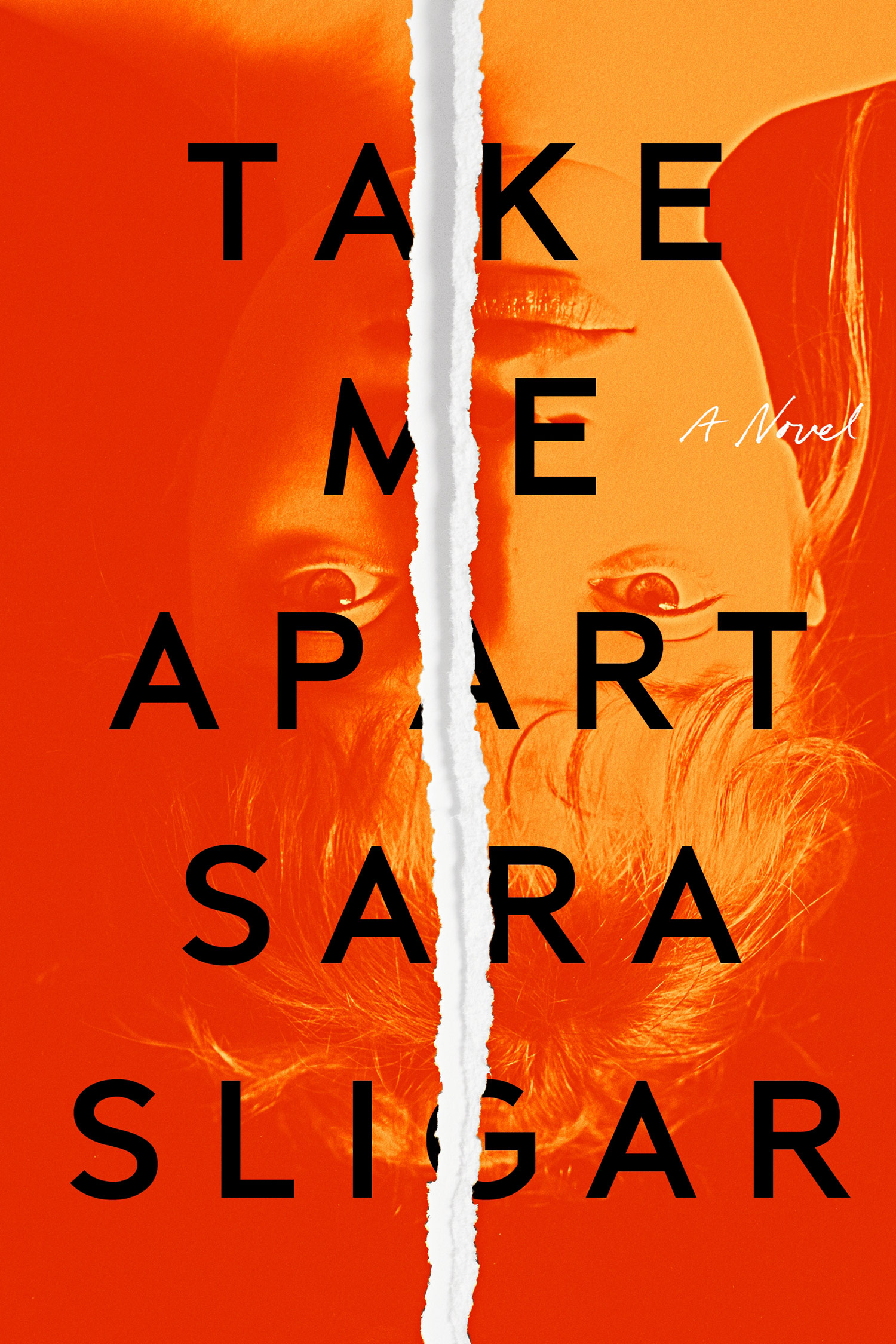
The skeleton of Take Me Apart is a mystery—an out-of-work journalist struggling with both the fallout from making a #MeToo accusation and her unraveling mental health investigates the archives of a famous female photographer whose suicide, she suspects, may have been a murder. But at the heart of this suspenseful debut is an incisive, empathetic look at the struggles complicated women face in a world where ideas of consent are often subverted, where pernicious masculinity hides just out of public view, and where the choice between motherhood and art can be life or death.
Natural History by Carlos Fonseca (trans. by Megan McDowell)
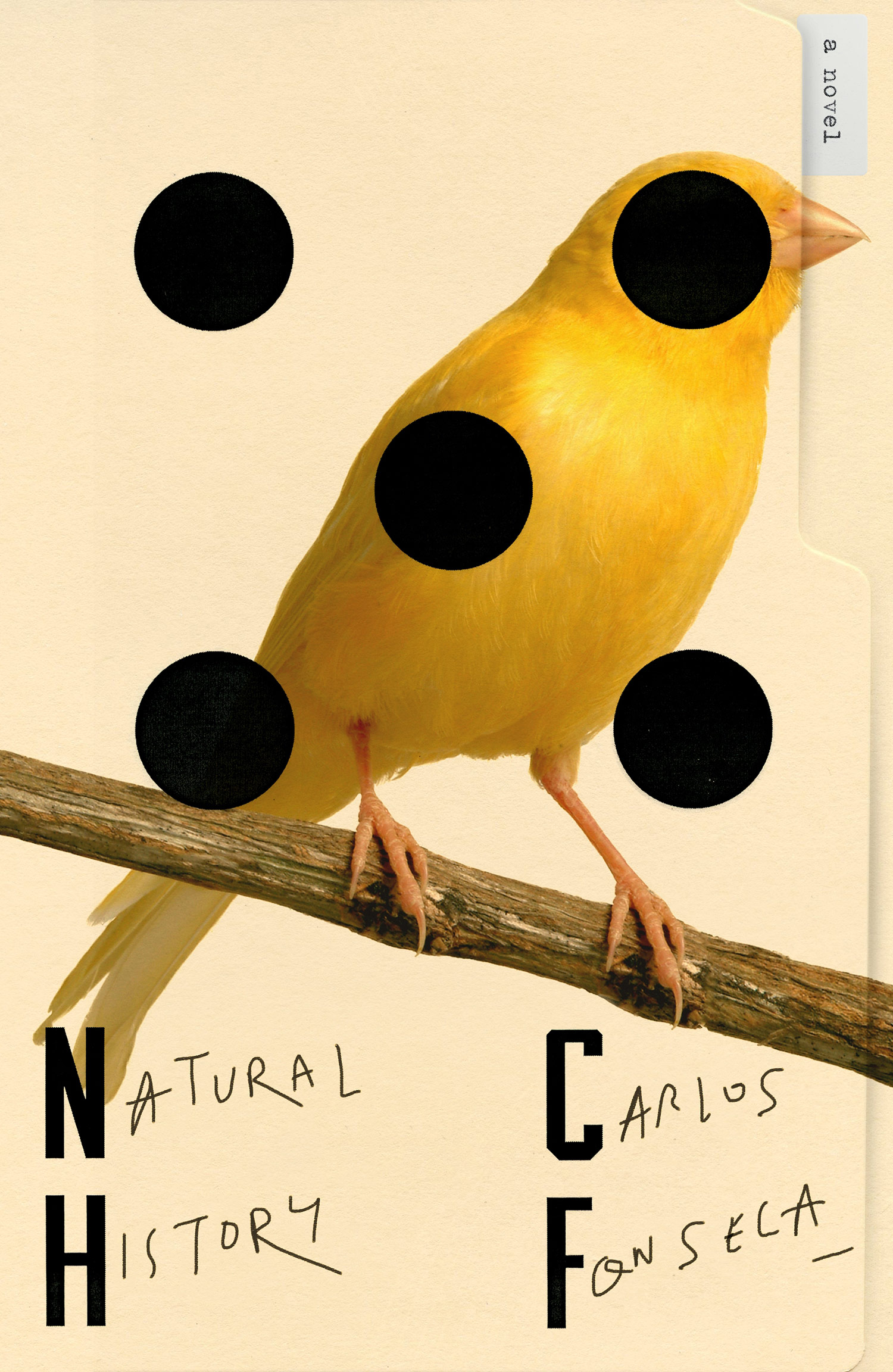
An enigmatic collaboration between a curator at a museum of natural history and a fashion designer ends abruptly, until seven years later, a package arrives at the curator’s door containing the designer’s obituary and some of the archival materials from their project. What ensues is a journey to unravel the life of the designer that spans decades and continents and explores the nuances between art and science, philosophy and religion, camouflage and exposure. Fonseca’s inventive and distinctive style is a delight that serves up narrative twists at every turn of the page.
Scorpionfish by Natalie Bakopoulos
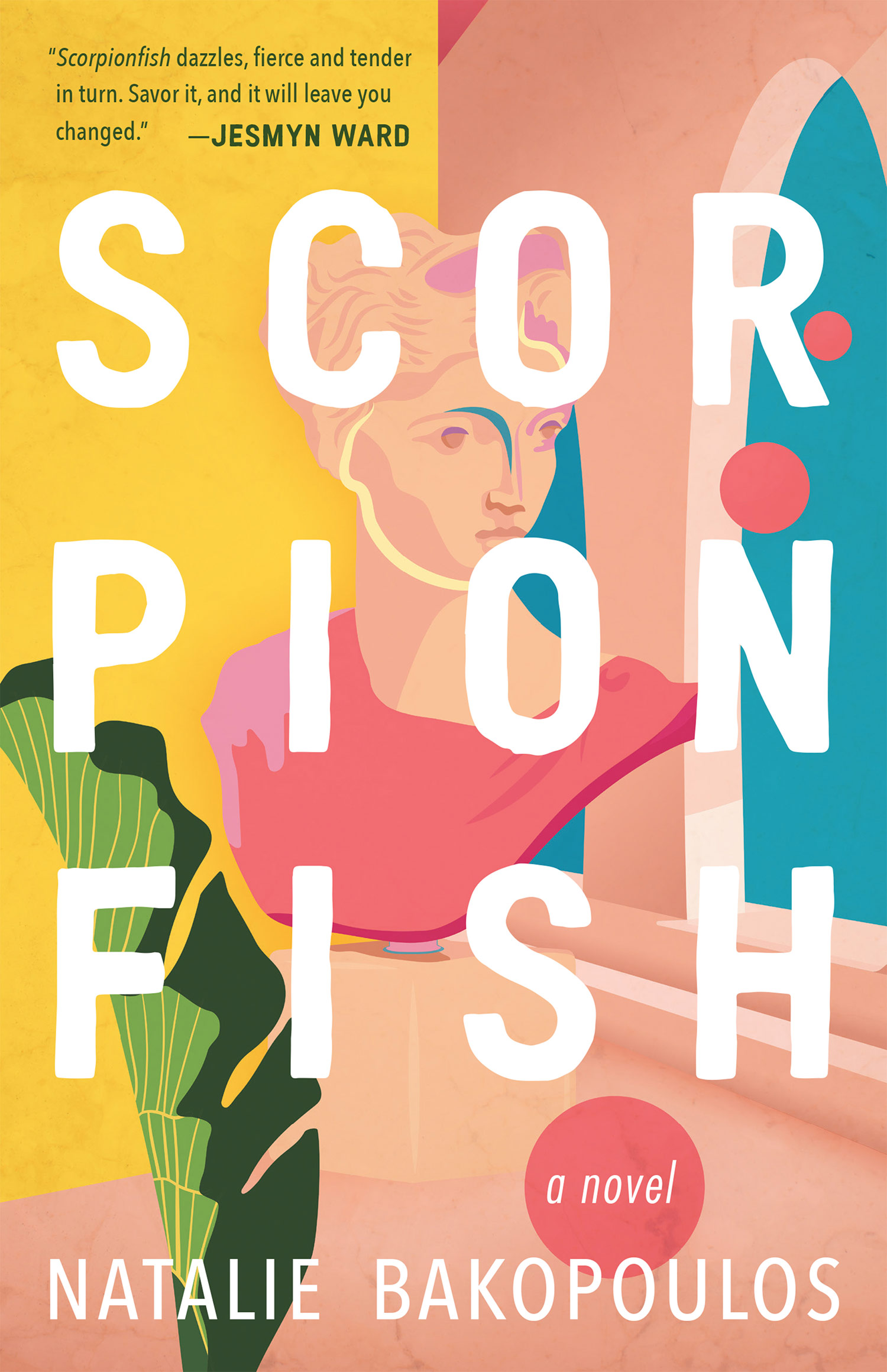
New neighbors, both at transition points in their lives, strike up a friendship in this novel set against the gritty, bustling backdrop of an Athens facing both financial and migration crises. In prose filled with nostalgia and a simmering grace, Bakopoulos weaves together the personal stories of the two, both recently returned to Greece, and their community of artists and politicians, refugees and immigrants, as they try to come to terms with their own changing senses of self and home over one hot summer.
The Heart and Other Monsters by Rose Andersen
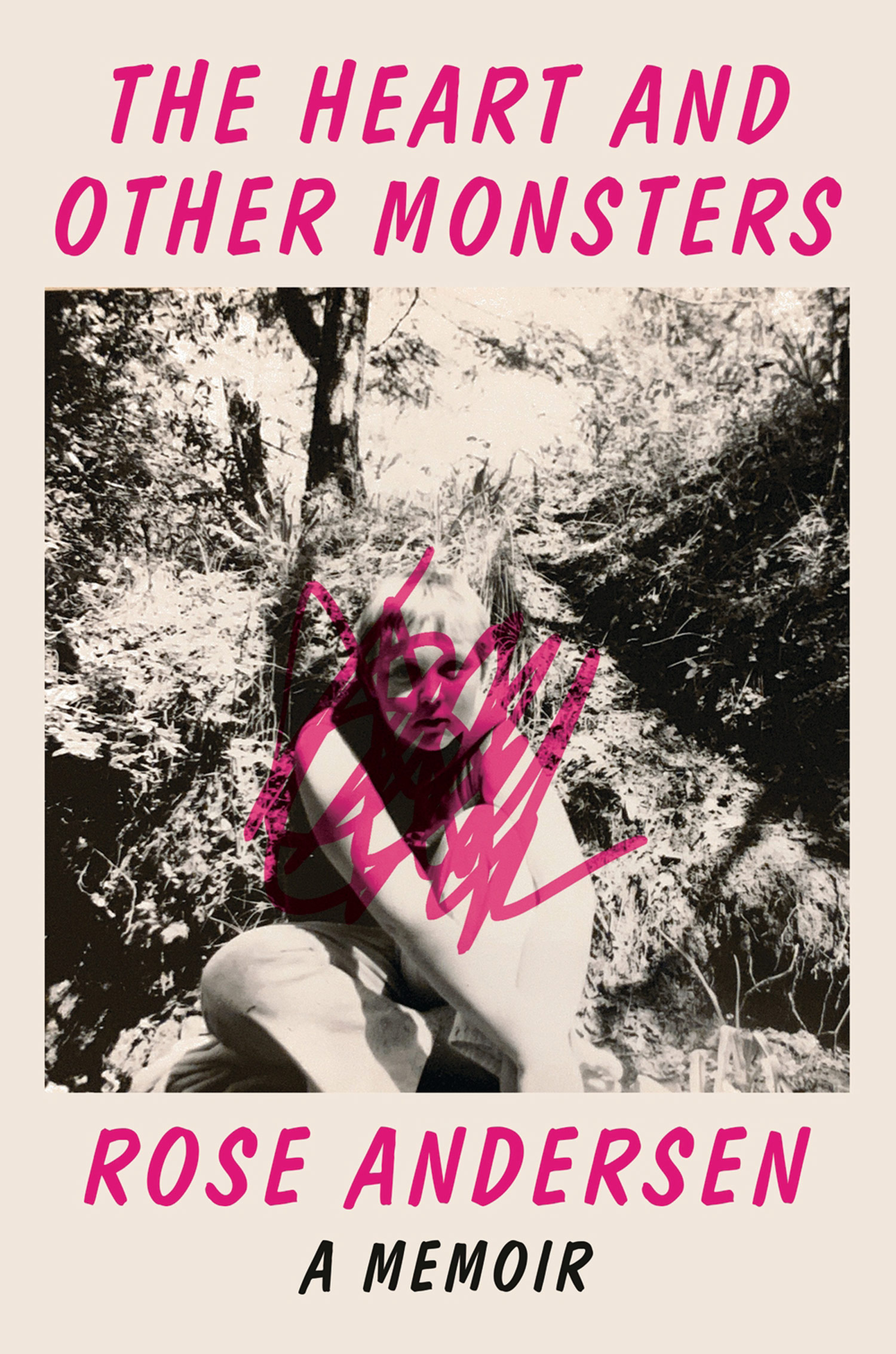
In this visceral, raw memoir, Andersen dissects her family history—the truths, the lies, the traumas spoken and unspoken—to explore the addiction and death of her 24-year-old sister. Part story of America’s opioid crisis, part grief memoir, and part tale of a possible murder, Andersen’s deeply personal book roils with anger and empathy that, at its very heart, is a lament for the profound hole left in the wake of a sister’s tragic death.
Sensation Machines by Adam Wilson
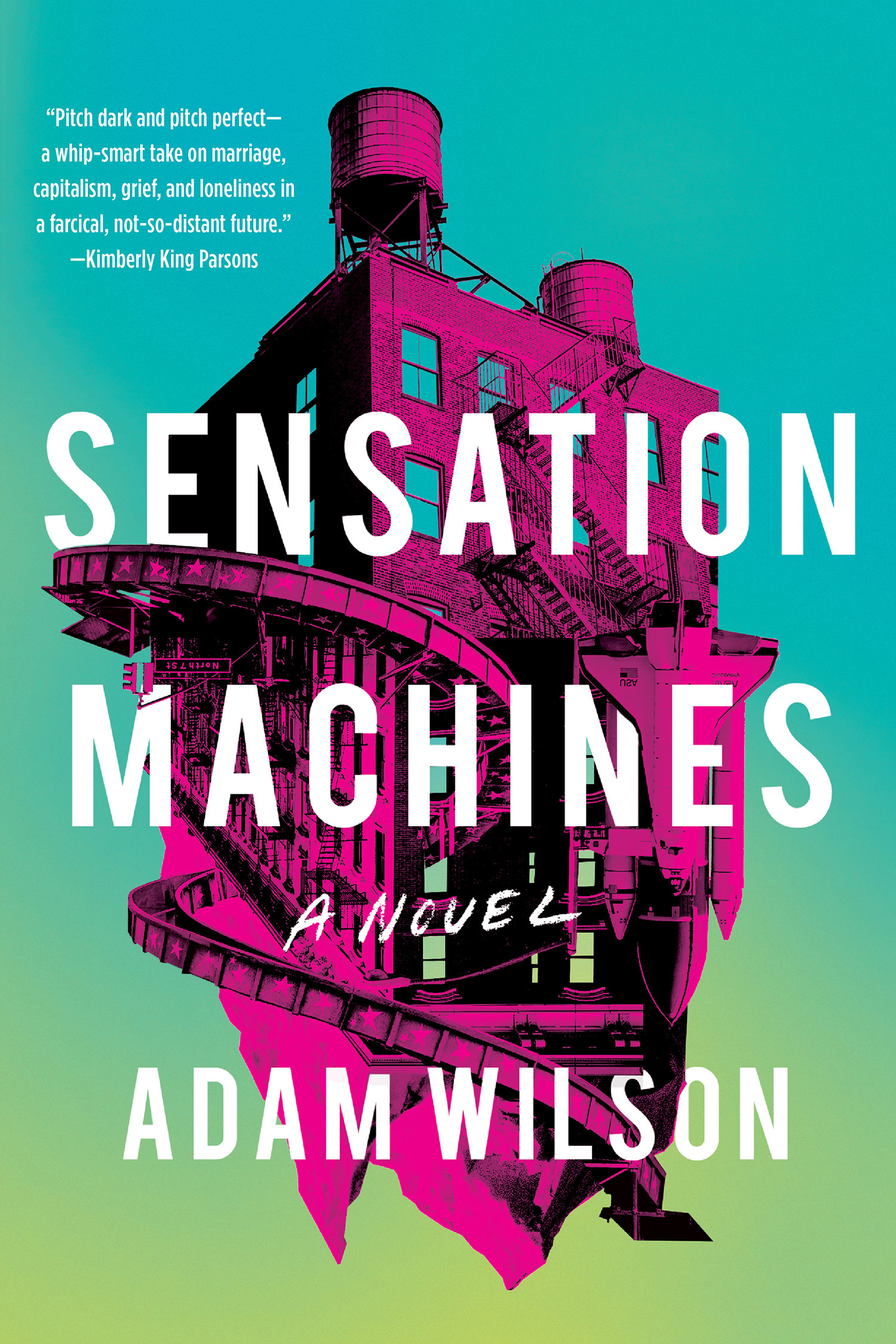
In a near-future New York, millennials are taking their place in early middle age and things are falling apart. Wilson’s drama brims with a frenetic energy as it follows a couple whose marriage is failing: Michael is a Wall Street financier who has lost the family savings, while Wendy, an ambitious digital marketing strategist, has signed on to lead a new project with a mysterious backer and a dubious, world-changing mission that has unironically chosen the slogan #WORKWILLSETYOUFREE. It may also be wrapped up in the mysterious death of her husband’s best friend. What follows is a witty, incisive commentary on the fallout from a generation betrayed by the promise of the American dream that, it turns out, masked a foundation of greed, broken social structures, and the topsy-turvy values of capitalism first.
Valentine by Elizabeth Wetmore
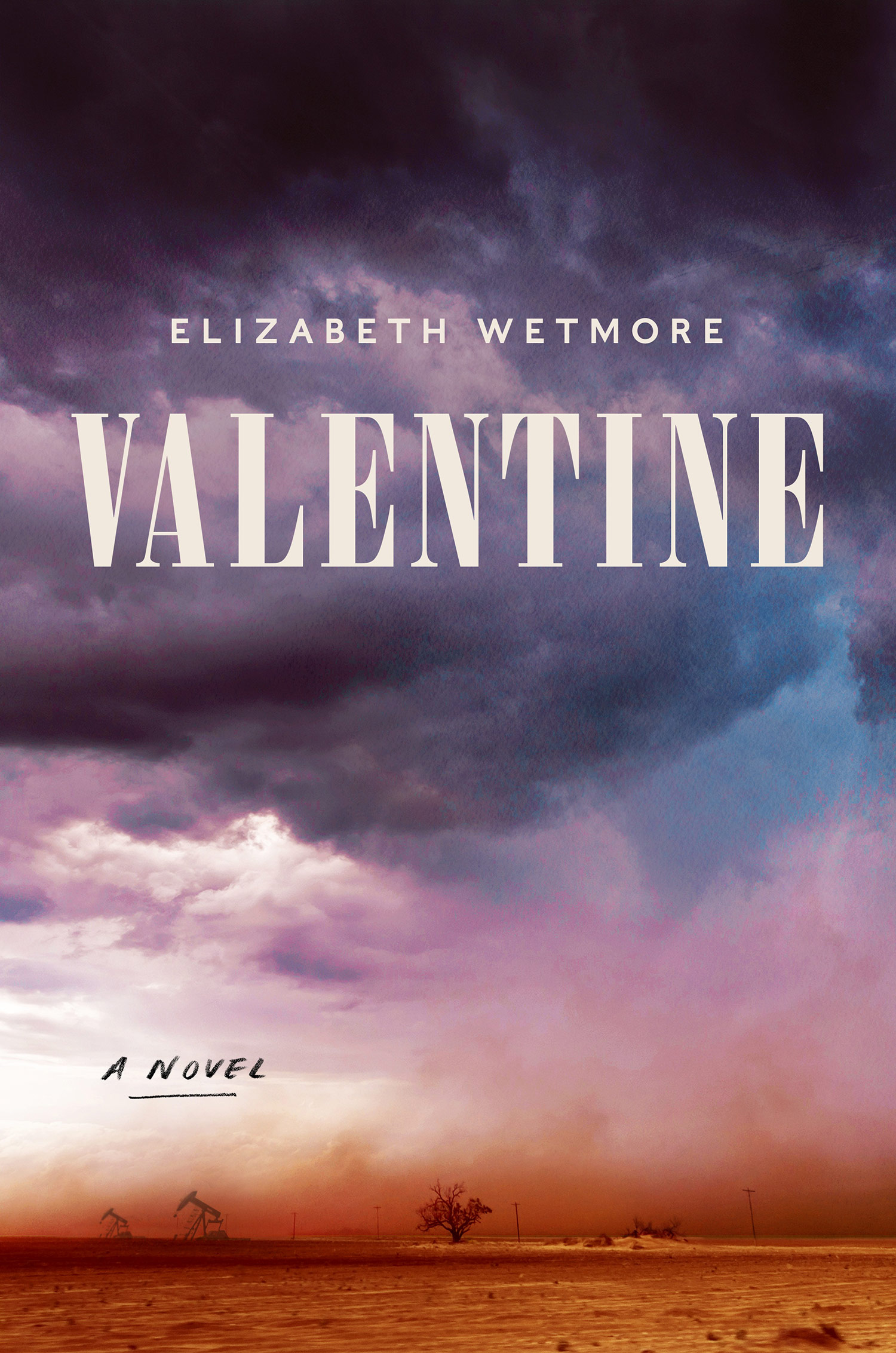
In 1976 Odessa, TX, 14-year-old Gloria Ramírez is brutally attacked one night by a roughneck in the brittle, often brutal West Texas land filled with pumpjacks and dreams of the coming oil boom. Valentine is a gut-wrenching story of the fallout from the sexual assault as the Odessa community begins to publicly litigate the case. As racism and sexism abounds, Wetmore brings to life the vivid, complex voices of several women and girls in the town through which this beautifully wrought story is told.
The Only Good Indians by Stephen Graham Jones
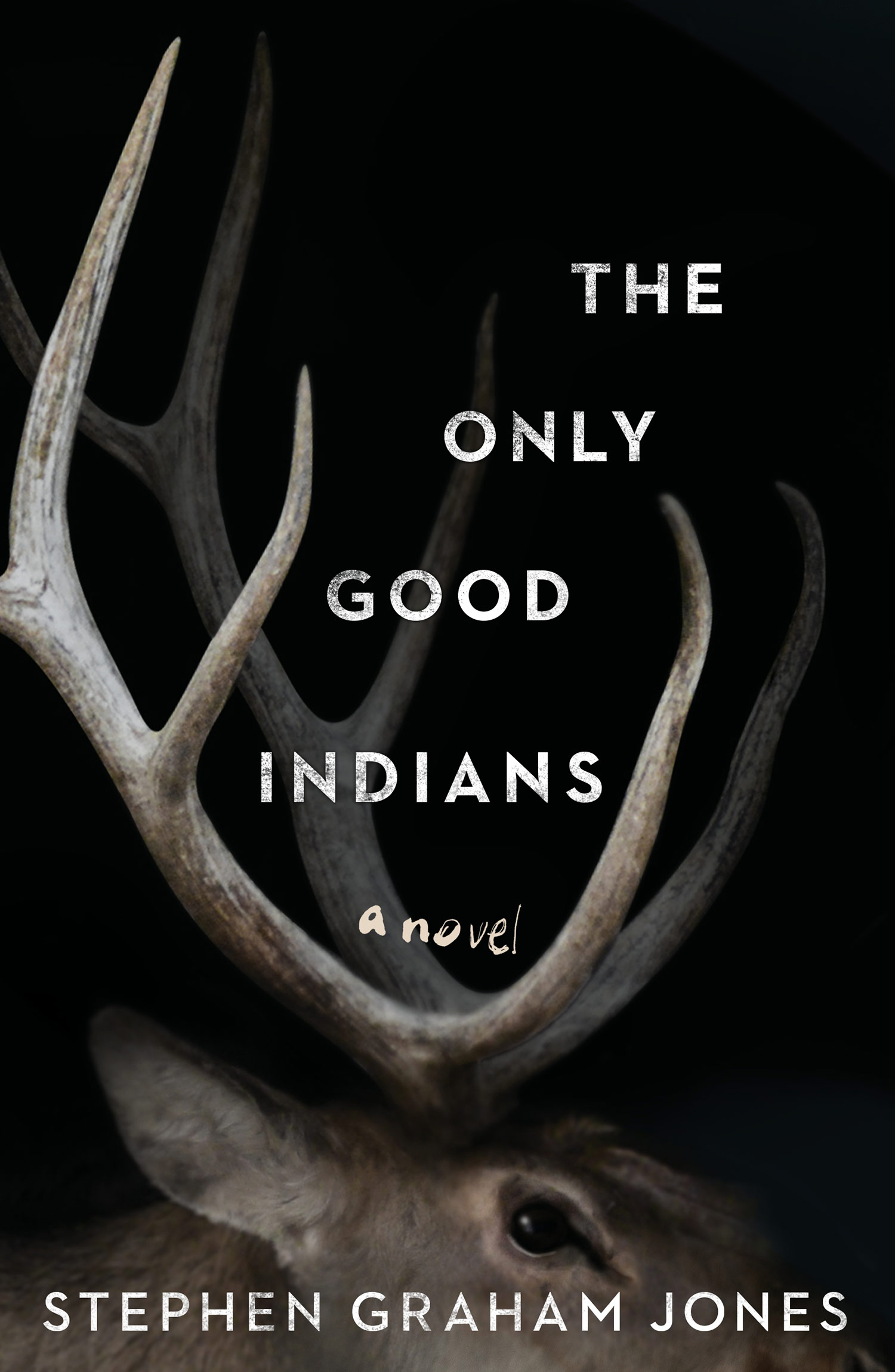
Something happens on a hunting trip taken by four young Native American friends that leads them to fall out of touch and, in some cases, scatter. Years later, one already dead, the disturbing, mysterious events from the past begin to stalk the men’s present lives in this tautly drawn story that is part drama, and a whole lot of horror. In vivid, sizzling prose, Jones explores issues of cultural heritage and the responsibilities we have for our past sins all against the backdrop of a nightmare that creeps up on you and won’t let you go.

